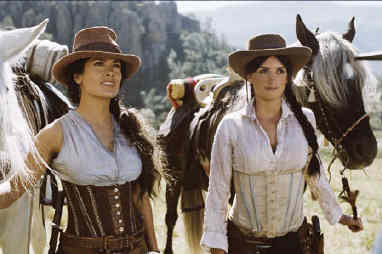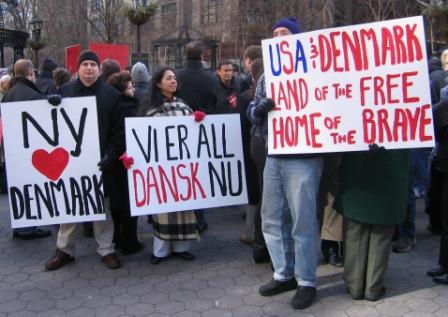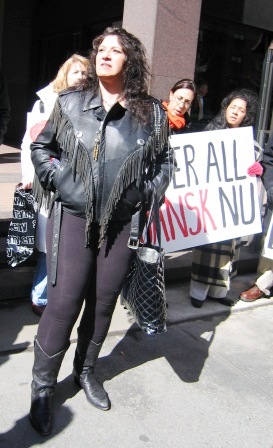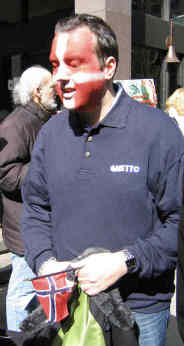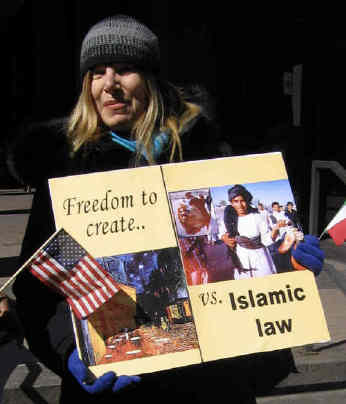While the In-Q-Tel name is horribly clunky, the corporate mandate is a big winner in any game of Buzzword Bingo:
In-Q-Tel was established in 1999 as an independent, private, not-for-profit company to help the CIA and the greater US Intelligence Community (IC) to identify, acquire, and deploy cutting-edge technologies. In-Q-Tel's open and entrepreneurial venture capital model gives it the agility - lacking within traditional government contracting approaches - to help the IC benefit from the rapid pace of change in information technology and other emerging technology fields.
In-Q-Tel's mission is to deliver leading-edge capabilities to the CIA and the IC by investing in the development of promising technologies. Because early-stage technologies are often unproven, In-Q-Tel takes the calculated risks necessary to develop, prove, and deliver them to the Intelligence Community.
And the company uses an arresting tag line on its highly informative site: "As outside the box as government gets."
I can't evaluate In-Q-Tel's investment strategies or success, but I like to think of this as a War on Terror version of "socially responsible investing." The folks at the Social Investment Forum probably wouldn't be too keen to list In-Q-Tel as an investment vehicle, even if they could. The Social Investment Forum's perspective is:
Your savings and investments can help create a better world! Our new guide gives you hands-on advice and information to help you put your dollars to work to build healthy communities, promote economic equity, and foster a clean environment.
I would like to see In-Q-Tel reframe its value proposition in these terms, as a declaration of "spookily responsible investing." That would have more punch than cutting-edge, leading-edge, bleeding-edge, etc. Why not:
"Your savings and investments can help create a more secure, terror-destroying world! Our new guide gives you phasers-on advice and information to help you put your anti-jihadist dollars to work to build healthy listening devices, promote interrogation equity, and a foster an environment that's more deadly to terrorists and the evil forces that support them."
Doesn't that work better? Where do I send my check?





